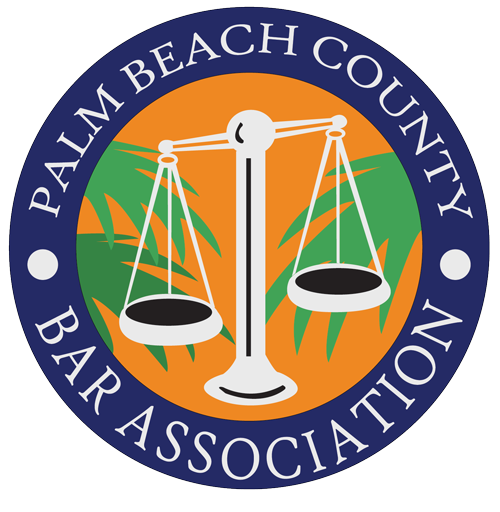Published: June 2025
This conversation between longtime friends and dispute resolution professionals Jeanne and Bruce, is intended to help readers better understand how an organizational ombuds functions, why organizations might want an ombuds resource, factors to evaluate when considering an ombuds resource, different ombuds models and why they might consider training to become ombuds as another opportunity in their ADR careers. Jeanne has been the University Ombudsperson at the University of South Alabama for many years. Below are her thoughtful answers to questions posed by Bruce:
Bruce: What is an Ombuds?
Jeanne: An organizational ombudsperson is an individual who typically investigates complaints and serves as a neutral party to help resolve them. According to Charles Howard’s book, The Organizational Ombudsman, (2010) the ombudsperson achieves this in four ways:
- Providing information that an inquirer would not seek from other channels out of concerns about confidentiality or for fear of retaliation;
- Providing a querist with options for reporting misconduct or resolving conflict, explaining how each option works;
- Coaching a querist on how to best articulate an issue, and
- In general, serving as a confidential resource that anyone can use for guidance or advice (p. xvii)
Bruce: How were your attracted to this your current position?
Jeanne: At the time that our university created the ombudsperson position, I had been a practicing mediator for 14 years. After reading the position description, I could see a definite correlation between my skill sets and what I was doing in the classroom and through consulting. (I was teaching courses in business communication and a course in negotiation and alternative dispute resolution in business.) Several of my colleagues strongly urged me to apply for the position.
Bruce: What are the best parts of being an Ombuds?
Jeanne: For me, it’s the joy of knowing that I’ve really helped someone. Many times, this help is simply reframing a situation so that it’s more manageable (life is easier) for the inquirer; other times, it’s actually working with them and other parties to resolve their differences.
Bruce: What are the greatest challenges of being an Ombuds?
Jeanne: Some of the greatest challenges I’ve faced as an ombudsperson have been 1) individuals who did not (or could not) see things from the other party’s view point, resulting in the inquirer not being able to resolve the issue; 2) parties trying to use the ombuds’ service just to get sufficient information to provide discovery information for later litigation; 3) parties not being truthful with the ombudsperson; 4) blocks within the organizational system itself.
Bruce: Are there different kinds of Ombuds positions?
Jeanne: Yes, according to Julie Smith and Charles Howard, Understanding the Types of Ombudsman: A Starter Guide, there are five types:
“Under the delineations of the 2001 and 2004 ABA Resolutions, five types of ombuds are categorized: Classical, Legislative, Executive, Organizational, and Advocate.” I serve as an organizational ombudsperson.
Bruce: Do you have any advice as to how someone could pursue a career as an Ombuds?
Jeanne: Yes, first be sure that you understand what is required of an ombudsperson. Organizational ombudspersons try to help resolve issues at the lowest levels of the organization but may have to elevate them as needed.
You can check the internet using key words such as , ‘ombuds positions,’ ‘organizations that use ombudspersons,’ and ‘finding ombuds jobs online.’ In my opinion, the best ways are through your personal networks. Nursing homes, schools, etc. use ombudspersons and you may have to start in a pro bono position just to get your name established as an ombudsperson.
Bruce: Can you recommend any specific organizations that provide training and educational opportunities to become an Ombuds?
Jeanne: Yes. The International Ombuds Association (https://www.ombudsassociation.org/) is an excellent way to immerse yourself in what you need to know to be an ombudsperson.
Your mediation training is very useful; I also obtained a coaching certificate that has proven to be invaluable. I use the negotiation skills that I teach daily, and I highly recommend the book, Getting More by Stuart Diamond.
Bruce: Do you have any other recommendations to help our audience learn more about this unique branch of the Alternative Dispute Resolution profession?
Jeanne: Shadow an ombudsperson or have one speak to your organization. Interview or visit ombudspersons at your local school or organizations in your community to learn more of their day-to-day duties. It is a very rewarding field, and I highly recommend it.
Jeanne Maes is a business professor at the University of South Alabama where she also serves as Ombudsperson. She specializes in organizational communication, negotiation, and alternative dispute resolution. A consultant, certified coach, facilitator, mediator, and executive trainer, she has worked with clients throughout the U.S. and internationally.
Bruce A. Blitman is an attorney and a Florida Supreme Court Certified Circuit and County Mediator (since 1989) and Family Mediator (since 1990) in Palm Beach Gardens, Florida. For decades, Bruce has written and spoken extensively about the benefits of ADR. He can be reached at [email protected].
For additional ADR tips and resources, go to www.palmbeachbar.org/alternative-dispute-resolution-committee

